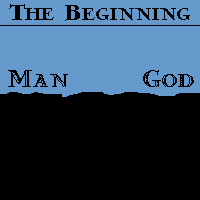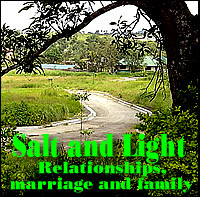From conjugal partnership of gains to absolute community of property back to conjugal partnership of gains?
House Bill 2420 seeks to amend Article 75 of the Family Code of the Philippines by reinstating the system of conjugal partnership of gains as the basis for the property relations between husband and wife. The bill was authored by Cebu Representative Pablo Garcia with Representatives Mauricio G. Domogan, Elpidio Jr. F. Barzaga, Solomon Chungalao, Amado Bagatsing, Adam Relson Jala, Rufus Rodriguez, Liza Maza, Cinchona Cruz Gonzales, Raul Del Mar and Neptali Gonzales as co-sponsors. Congress passed the bill last February 5 and transmitted it to the Senate on February 11.
Article 75 of the Family Code provides for the absolute community of property as the default system of property relations between spouses. The article states,
The future spouses may, in the marriage settlements, agree upon the regime of absolute community, conjugal partnership of gains, complete separation of property, or any other regime. In the absence of a marriage settlement, or when the regime agreed upon is void, the system of absolute community of property as established in this Code shall govern.I have previously written about the system of absolute community and you might want to re-read that article. Essentially, the system of ACP entitles the spouse to equal rights over the property acquired by the husband or the wife before and during the marriage (with certain exceptions), even with properties titled solely in the name of one spouse.
Reasons why the Family Code chose absolute community of property rather than conjugal partnership of gains
Prior to the Family Code’s effectivity in August 1988, a spouse had no right over the property that his or her partner acquired before marriage. The Spanish Civil Code, which was enforced from 1889 to 1950, and the New Civil Code, which was in effect from 1950 to 1986, both mandated the conjugal partnership of gains. The commission that crafted the Family Code believed that the ACP was more in keeping with the values of Filipinos than the CPG, and more conducive to the unity of the spouses and the oneness of the family since it was based on mutual trust and confidence.
Some of the members of the Family Code commission were legal luminaries like Justices JBL Reyes and Irene Cortes, Professors Flerida Ruth Romero, Ruben Balane, Esteban Bautista, Deans Bartolome Carale and Fortunato Gupit Jr. The commission worked on the draft of the Family Code for seven years and eight months from September 1979 to May 1987, with 182 meetings in all, each lasting from three to six hours.
You might remember that the Family Code took away (wisely in my opinion) the mayors’ right to solemnize marriages. But the Local Government Code of 1990, in a very unwise and politically-motivated accommodation, restored to the mayors the right to solemnize marriages. And now we have HB 2420 …
HB 2420, if passed into law, will seriously disadvantage women
Ar Sabangan of GMANews.TV has written an article entitled “Family Code amendment passed in silence, may disadvantage women”. The article cites Supreme Court Justice Artemio Panganiban, a retired judge and a MLQU law professor who all disagree with HB 2420.
Grace L. Plata of SunStar Davao has also written an article entitled “Judge airs concern over plan to amend Family Code.”







